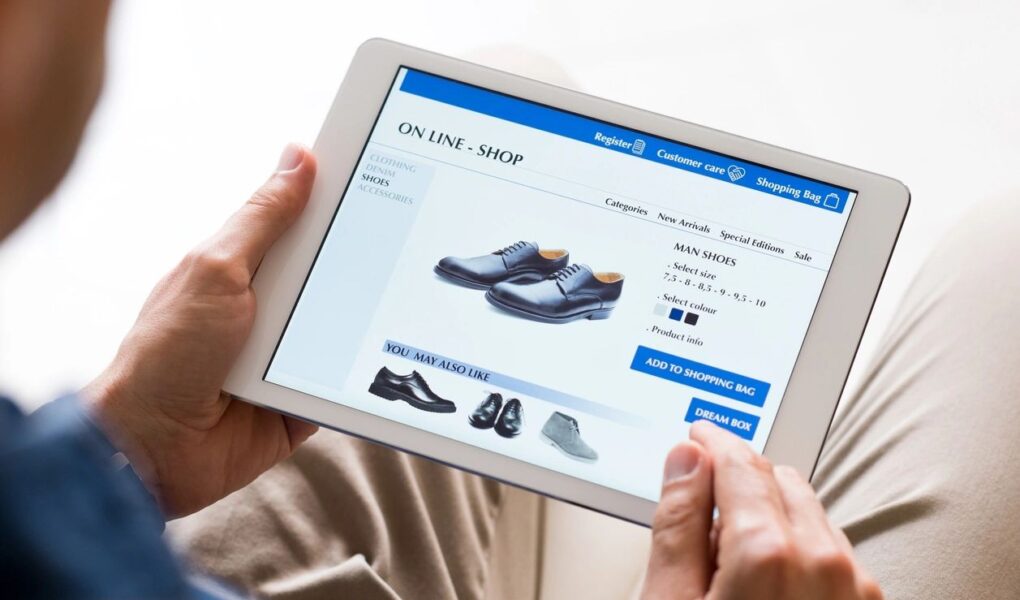Before I dig into the benefits of selling on marketplaces, let’s talk over definitions. If you have products and a brand and want to launch a website with just your products on it than what you want to do is launch a shopping cart or a website to drive traffic to your brand and make sales where only you are selling items on that domain. Alternatively, if you are selling online in a location where you are competing against other sellers to get a sale than you are selling on marketplaces. Marketplaces can be wide in scope of categories or be very deep in a niche but ultimately the marketplace itself is the main brand of the website and is responsible for driving traffic and awareness to the site.
Once the marketplace is able to get traffic to their site, that customer searches for products. The products in a marketplace may be partially sold by the marketplace itself but is also largely sold by third party sellers. So what is a third party seller? A third party seller is just like what it sounds, it is a third party to that specific marketplace you are selling on. So let me provide a specific example. eBay is a marketplace which drives traffic to their website to find potential customers of products that are for sale. Millions of sellers who do not work for eBay list their products on eBay and when that customer makes a purchase, the seller makes money as does eBay as they take fees for every sale. So who is a third party seller? Anyone who is selling on a marketplace is a third party seller competing with other third party sellers to convert that traffic into growth.
The main benefit for a seller to start selling on marketplaces is that driving traffic to a website is both very time consuming and expensive. If you sell on a marketplace, that location should already have those things in place for you. As a seller than your responsibility is to offer the right product for the specific audience that the marketplace attracts and then you need to compete with the other sellers to get customers to select your product when they make the purchase. Additionally, when a new seller starts out, they do not have typically brand awareness and creditability in the space they want to sell. When you start selling on marketplaces you will see over time that your seller rating increases and your brand becomes established. As a result you establish a brand by using the marketplace creditability to get sales and in parallels establish yourself so that in the future you can break into your own shopping cart or website.
The main negatives of selling on marketplaces is that due to the competition, you typically find yourself in a price battle where you are driving down the price to be competitive. Depending on your supplier, you have to have a base cost that you are not able to go under to really make money with the sale of the product so you eat into your profit margin. Additionally, marketplaces make money by taking a percent of every sale and charging for selling privilege’s in the first place. Therefore you really need to mark up your prices higher when selling on a marketplace to offset the marketplace fees you will incur with the sale.
At the end of the day, the marketplaces do the heavy lifting for you to get traffic and customers ready to buy. You should think of them as turn key ecommerce opportunities as they come however you need to account for the added fees and expenses in your pricing and be smart about what products you sell to ensure you are working in less competitive categories or finding more niche marketplaces when you start selling on marketplace to really hit the ground running.



